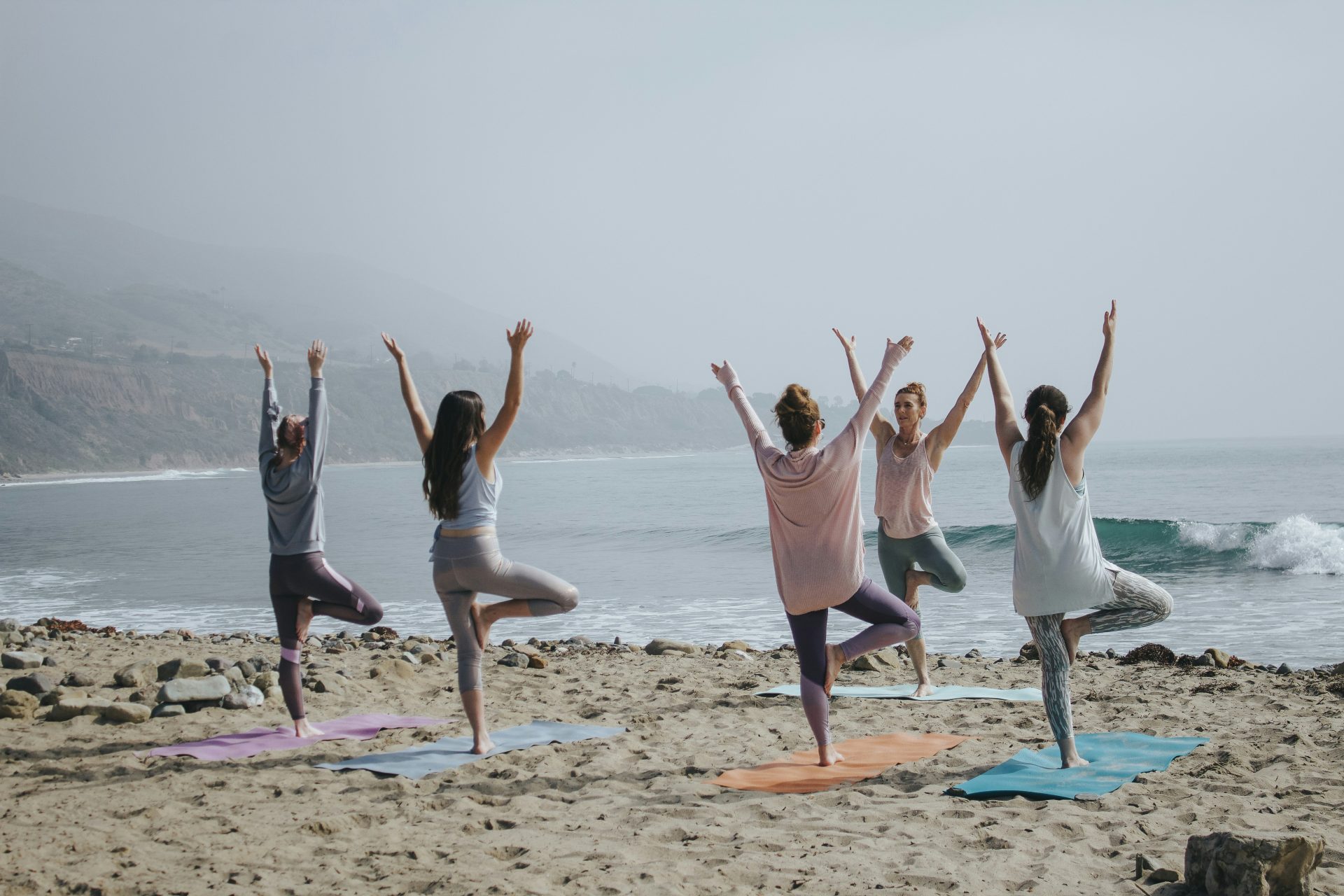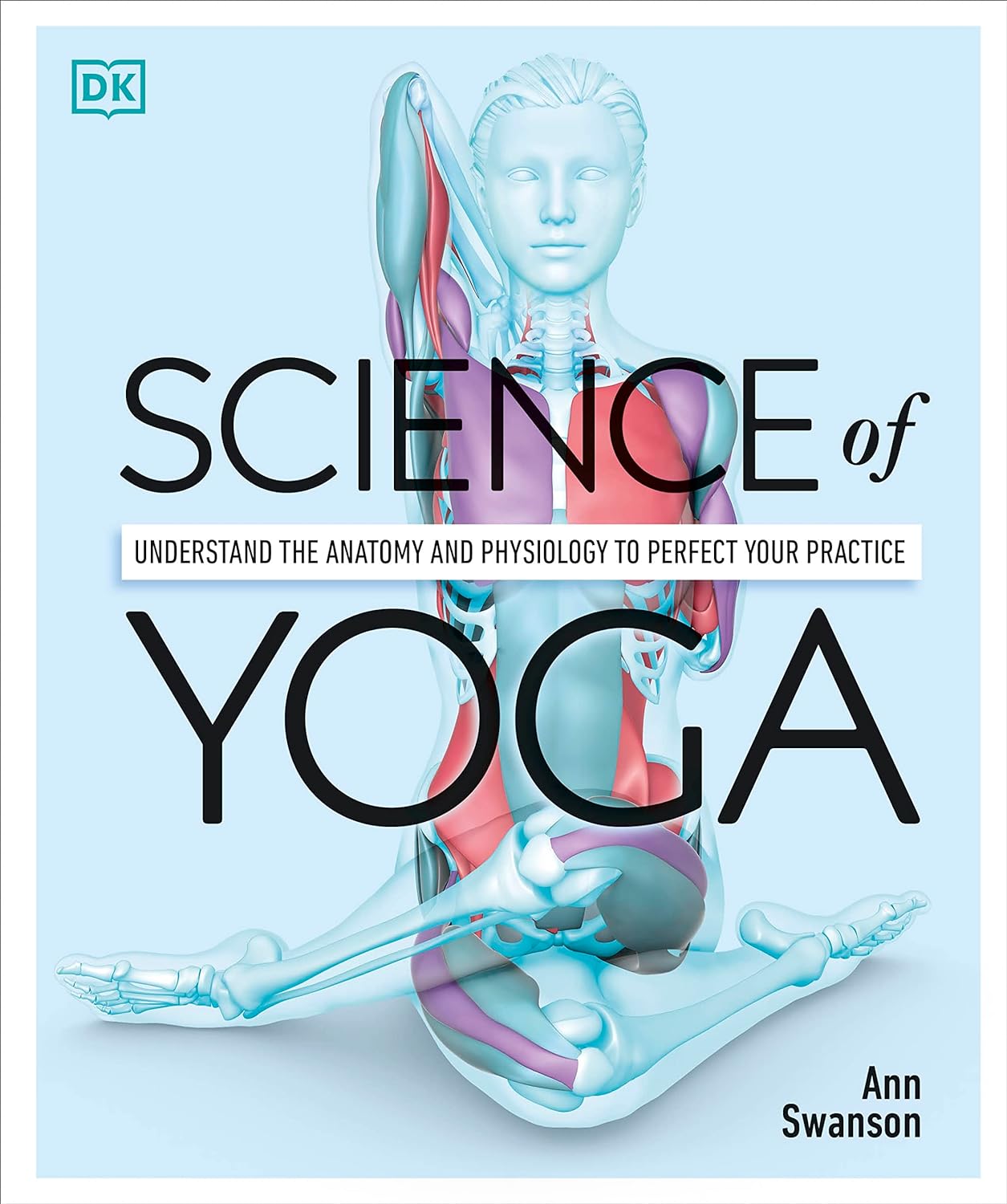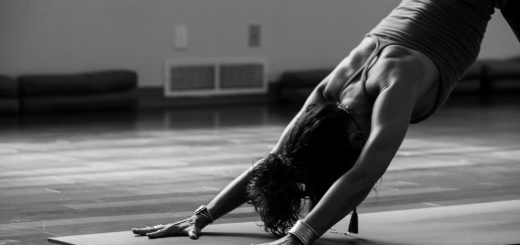Yoga vs Pilates: Which One Is Right for You?

Before diving in, please note: This post is for informational purposes only. If you’d like to know more about how we approach topics, feel free to check out our friendly Disclaimer Page.
Hey there, amazing readers! 🖐️ Just a quick note: yes, we know there are a lot of ads here. Trust us, we get it—it’s not the prettiest look, but they help us keep this blog alive and kicking. Those pesky little ads cover the costs of all the behind-the-scenes magic, from hosting and tech stuff to creating content we hope you’ll love.
We’re committed to delivering quality posts, and your support (even just sticking around despite the ads) means everything to us. So, bear with us, and thanks for helping us keep the good vibes rolling. Now, on to the fun stuff! 😉
TRANSLATE BUTTON AT THE END OF THE ARTICLE
When it comes to fitness, finding the right practice can feel a little like shopping for a new pair of shoes—something that fits just right and makes you feel comfortable.
Two popular practices that many people gravitate towards are Yoga and Pilates.
While they share some similarities, such as being low-impact and focusing on flexibility and strength, they each bring unique benefits to the table.
So, if you’re standing at the crossroads of “Yoga vs Pilates,” let’s dive into the key differences to help you decide which one is right for you.
What Is Yoga?
Yoga is a centuries-old practice that originated in India and is now widely practiced around the globe.
It focuses on connecting the mind, body, and breath, blending physical postures (asanas), breathing exercises (pranayama), and meditation.
Yoga is about finding balance, both physically and mentally, and can be as calming as it is physically challenging.
Physical Benefits of Yoga
Yoga enhances flexibility, strength, and balance.Regular practice can increase joint mobility, lengthen muscles, and improve posture.
Plus, certain poses target specific muscles for overall toning.
Mental and Emotional Benefits
Yoga offers stress relief and promotes mindfulness, which can help with anxiety, depression, and general stress.The meditative aspect of yoga allows practitioners to cultivate inner peace and emotional stability.
Styles of Yoga
There are various styles of yoga, each offering a unique approach.From the slower-paced Hatha Yoga to the more intense Ashtanga and Vinyasa flows, there’s something for everyone, whether you’re a beginner or an advanced yogi.
What Is Pilates?
Pilates, on the other hand, was developed in the early 20th century by Joseph Pilates.
It’s a system of exercise that emphasizes controlled movements, core strength, and improving posture and flexibility.
Pilates incorporates equipment like the reformer (a spring-loaded machine) or can be practiced on a mat.
Physical Benefits of Pilates
Pilates focuses primarily on strengthening the core—think abs, lower back, and pelvic muscles.It’s great for improving posture and alignment, and many people use it for rehabilitation or injury prevention.
Pilates also helps with flexibility, but its major strength lies in building functional strength and stability.
Mental and Emotional Benefits
Pilates requires a lot of concentration and focus, which can help clear your mind.While it’s not as much about meditation as yoga, Pilates is still a mindful practice, requiring full-body engagement and body awareness.
Styles of Pilates
Similar to yoga, Pilates can be done in a variety of ways.Mat Pilates is typically done on the floor using bodyweight exercises, while Reformer Pilates uses the machine to add resistance and increase the challenge.
Key Differences Between Yoga and Pilates
While both practices promote flexibility, strength, and mindfulness, they are distinct in their methods and benefits.
Here’s a breakdown to help you better understand the differences:
1. Focus on Core Strength
Yoga: Yoga does strengthen the core, but it’s more about balance, flexibility, and the connection between breath and movement.
Pilates: Pilates places a much stronger emphasis on core strength, using exercises that target the muscles in the abdomen, lower back, and hips.
2. Breath Work
Yoga: In yoga, breathing is an integral part of the practice.
The breath is used to flow from one pose to another, and deep breathing helps create a sense of calm and focus.
Pilates: Pilates also emphasizes breath, but it is used to facilitate the movements of the body rather than as a means of meditation.
3. Meditation and Mindfulness
Yoga: Yoga often incorporates meditation, especially in styles like Hatha or Kundalini.
The practice is as much mental as it is physical, with a focus on mindfulness and emotional healing.
Pilates: Pilates is more focused on physical movement, posture, and body alignment, with less emphasis on meditation or emotional release.
4. Flexibility vs. Strength
Yoga: Yoga tends to focus more on flexibility, with a wider range of poses that help lengthen muscles and open up the body.
Pilates: While Pilates improves flexibility, it’s more about building strength and endurance, especially in the core.
It’s more about controlling the body and improving posture.
5. Equipment
Yoga: Most yoga styles are done on a mat with minimal props (blocks, straps, etc.).
Pilates: Pilates often uses equipment like the Reformer, a chair, or a Cadillac (large apparatus with springs and straps), though there are mat-based Pilates classes as well.
Which One Should You Choose?
Now that we’ve broken down the differences, it’s time to think about what suits your goals and lifestyle best.
Here’s a quick guide:
Choose Yoga If You:
Want a practice that incorporates meditation and mindfulness
Are looking to increase flexibility and balance
Enjoy a holistic approach that includes emotional well-being
Prefer a more peaceful, meditative environment during exercise
Want to try different styles, from gentle to vigorous
Choose Pilates If You:
Are focused on building core strength and stability
Have specific postural issues or are recovering from injury
Want to increase muscle tone and strength
Prefer more controlled, low-impact exercises
Like the idea of using equipment like the Reformer for added resistance
Can You Do Both?
Absolutely!
Many people find that combining both yoga and Pilates gives them the best of both worlds.
You could start your week with some calming yoga sessions for flexibility and stress relief, then balance it out with Pilates for strength and core stability.
Together, these practices complement each other beautifully.
Conclusion
So, when it comes down to “Yoga vs Pilates,” the choice really depends on your personal goals, preferences, and what you’re hoping to achieve.
If you’re looking for a practice that nurtures the mind, body, and spirit while increasing flexibility, yoga may be the way to go.
If you’re more focused on building strength, especially in your core, and improving posture, Pilates might be a better fit.
Ultimately, you don’t have to choose just one!
Try both and see which one feels best for you.
Either way, you’ll be doing your body and mind a world of good!

The Enlightenment Journey is a remarkable collection of writings authored by a distinguished group of experts in the fields of spirituality, new age, and esoteric knowledge.
This anthology features a diverse assembly of well-experienced authors who bring their profound insights and credible perspectives to the forefront.
Each contributor possesses a wealth of knowledge and wisdom, making them authorities in their respective domains.
Together, they offer readers a transformative journey into the realms of spiritual growth, self-discovery, and esoteric enlightenment.
The Enlightenment Journey is a testament to the collective expertise of these luminaries, providing readers with a rich tapestry of ideas and information to illuminate their spiritual path.
Our Diverse Expertise 🌟
While our primary focus is on spirituality and esotericism, we are equally passionate about exploring a wide range of other topics and niches 🌍📚. Our experienced team is dedicated to delivering high-quality, informative content across various subjects ✨.
To ensure we provide the most accurate and valuable insights, we collaborate with trusted experts in their respective domains 🧑🏫👩🏫. This allows us to offer well-rounded perspectives and knowledge to our readers.
Our blog originally focused on spirituality and metaphysics, but we’ve since expanded to cover a wide range of niches. Don’t worry—we continue to publish a lot of articles on spirituality! Frequently visit our blog to explore our diverse content and stay tuned for more insightful reads.





